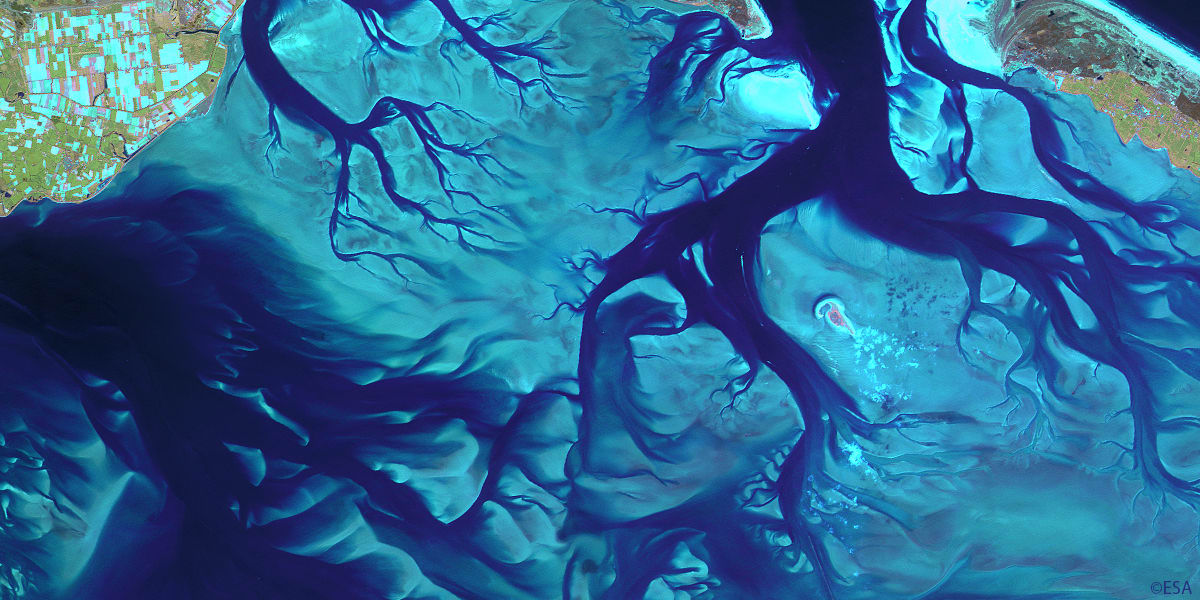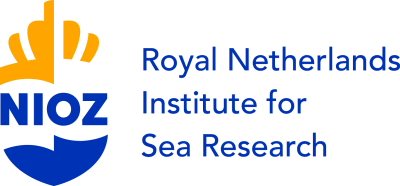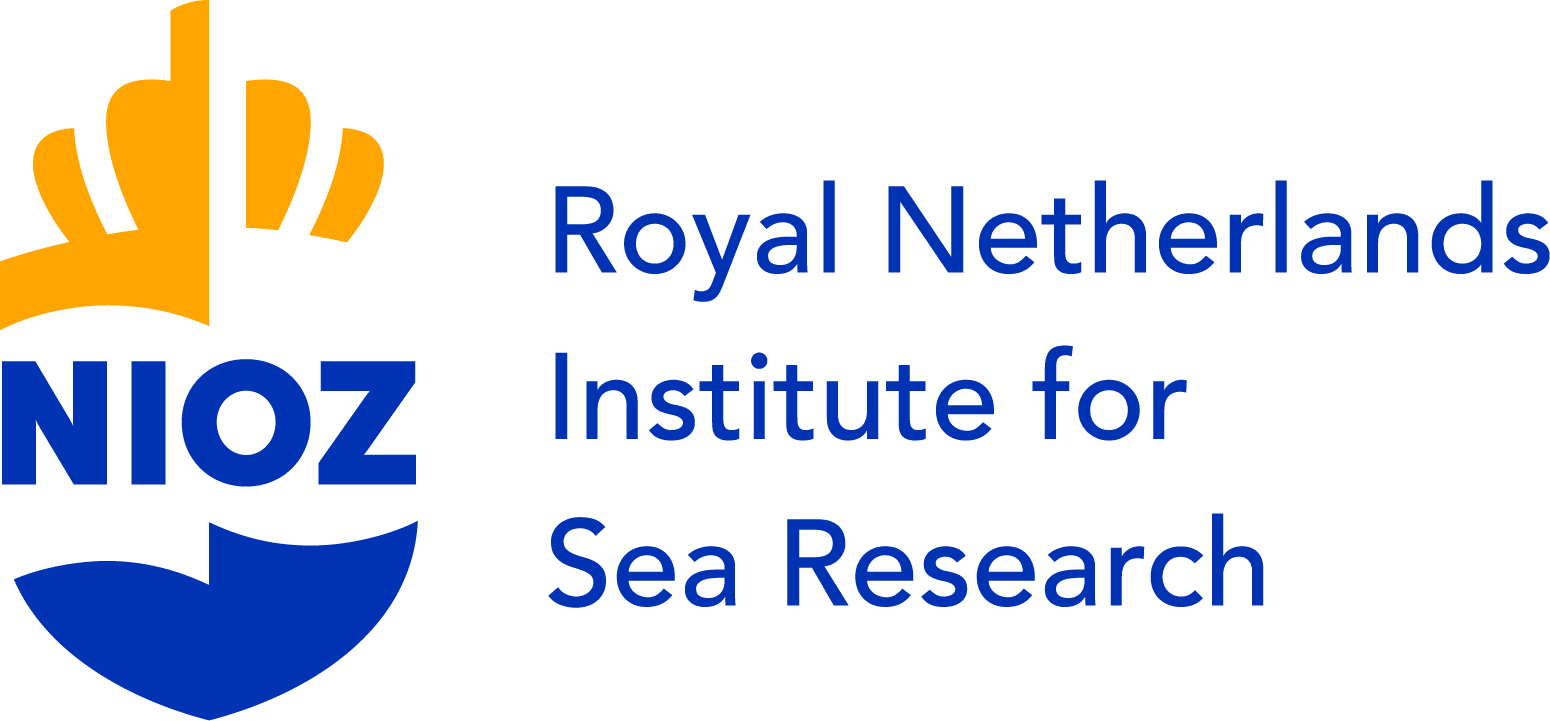
PhD-position: Biogeochemical and ecological seafloor functioning in the North Sea and its role in basin-scale nutrient budgets (SEANUTS)
On-site- 't Horntje, Texel, Noord-Holland, Netherlands
Ocean systems (OCS)
Job description
The department of Ocean Systems (OCS: principal investigators dr. Peter Kraal and dr. Furu Mienis) at the Royal Netherlands Institute of Sea Research (NIOZ) is looking for a highly motivated PhD student with a background in (bio)geochemistry/ecology to investigate nutrient exchange between the water and seafloor in the North Sea. Your research will focus on biogeochemical cycling and the role of fauna in poorly-studied sandy sediments and is part of a fully funded project. The project is closely aligned with a separate PhD project on properties and dynamics of suspended particles in the North Sea.
THE PROJECT
The North Sea Treaty, signed by Government and stakeholders, is an important agreement between diverse parties to investigate and monitor the impact of human activities in the North Sea, focusing on the environmental (fisheries, MPAs), food (mariculture), and energy (placement of windfarms) transitions. From this treaty has come the ‘MONS’ program, coordinated by Rijkswaterstaat (Ministry of Infrastructure and Water Management), to assess the ecological status and likely future changes of the North Sea: Monitoring, Research, Strengthening Nature and Protecting Species. One of the pillars of the MONS program is research into the cycling and (future) fate of the nutrients that support the basis of the North Sea food web and ecosystem. Within this pillar, NIOZ and University of Groningen are tasked to provide insight into the role of seafloor processes in nutrient cycling and budgets. Applying a combination of sea-going research and laboratory experiments, we will (i) quantify nutrient fluxes between the water column and sediment, (ii) determine their variability (seasonal, long-term) as function of environmental conditions and (iii) elucidate the role of seafloor fauna in the magnitude and variability of fluxes. The results will improve our understanding of the role of the seafloor in mediating nutrient availability and biological activity in the North Sea, and also how the transitions described above will affect this role. Together with other PhD projects focusing on the basis of the North Sea food web, our findings will inform responsible and sustainable management of and development in the North Sea.
YOUR ROLE
You will conduct field campaigns and laboratory research to quantify the exchange (‘fluxes’) of key chemical species (oxygen, carbon, phosphorus, nitrogen, silicon) between sediments from different North Sea environments. By performing such measurements over seasons, you will shed light on the magnitude and seasonal variability of these fluxes and thereby constrain their role in overall North Sea nutrient budgets. In addition to this field-oriented work, laboratory experiments under controlled conditions will be performed to understand how changes in ecological/environmental conditions (temperature, abundance of fauna) affect sediment-water fluxes. Lastly, the biogeochemical mechanisms by which nutrients are removed from the bioavailable pool by long-term storage in the sediment are studied by detailed characterization of the abundance and chemical form in which these nutrients occur in the sediment.
But it’s not all field and lab work. Considering the wealth of information on North Sea ecology and chemistry, you will be expected to find your way around large datasets and use existing information to guide the efforts at sea and in the lab. Furthermore, as part of a team of PhD’s you are expected to actively exchange ideas and results within the MONS community and specifically the pillar that focuses on the basis of the food web. You will present the data from the field and lab experiments within the department, at project meetings and (international) conferences and you will prepare scientific articles for publication in peer-reviewed journals.
THE INSTITUTE
NWO-NIOZ Royal Netherlands Institute for Sea Research is the Dutch national oceanographic institute and principally performs academically excellent multidisciplinary, fundamental, and frontier applied marine research addressing important scientific and societal questions pertinent to the functioning of the ocean and seas. NIOZ includes the National Marine research Facilities (NMF) department that operates a fleet of research vessels and the national pool of large seagoing equipment, and supports excellence in multidisciplinary marine research, education, and policy development.
THE DEPARTMENT
The department of Ocean Systems (OCS) studies the role of the ocean in a changing climate, from equator to pole, from the continental shelf to the deep ocean and from the past to the present. The ocean is Earth’s largest reservoir of CO2 and heat; circulation, mixing, biogeochemistry and other marine processes strongly impact global climate. Advanced ocean observations allow us to decipher the current and future functioning of the ocean. Furthermore, seafloor sediments have recorded past changes in conditions on land and in the ocean, in the form of biological residues or physical and chemical signals, which allow us to reconstruct feedbacks between oceanic processes and climate in the (ancient) past. Today, the ocean is changing rapidly because of (human) stressors such as excess CO2, warming and eutrophication. This impacts on the strongly linked but poorly understood ocean processes that control marine ecosystem functioning and thereby climate. The OCS department investigates ocean functioning by means of sea-going expeditions, during which data and samples are collected from the water column and the seafloor. The samples are analyzed in on-board and on-shore laboratories and we have collected a large information and sample repository over past decades.
Job requirements
THE CANDIDATE
We seek an enthusiastic and energetic candidate who has a keen interest in marine biogeochemistry/ecology and who is eager to perform intensive field work on the North Sea and endure challenging conditions to get unique field data. You have:
- A MSc degree in earth sciences, oceanography or a related field
- Affinity with marine research and biogeochemistry
- Affinity with chemical laboratory work
- An open, communicative and collaborative attitude
- Strong communication and writing skills in English
NIOZ wants to be a transparent institute with a healthy working climate and an inclusive culture, where people from diverse backgrounds and gender bring their talents and further develop these talents. We aim for inclusive decision-making processes and expect our leadership to show visible commitment, awareness of bias, and cultural intelligence. Within the OCS department, you share your knowledge and expertise with your colleagues in an open, safe and inclusive environment.
CONDITIONS
- Employment of this full-time position at Royal NIOZ is by NWO-I, for a total duration of 4 years. You start with an appointment for the duration of 1 year, that, after a positive evaluation in the 9th month (Go-No go), will be extended to the full period of 4 years.
- Salary compliant with scales for PhD candidate (OIOs) CAO-WVOI (Collective Labour Agreement for Dutch Research Institutes).
- An appointment at NIOZ as a PhD candidate means working and learning simultaneously conform the NIOZ PhD policy.
- 338 annualized holiday hours for a full-time 40-hour work week.
- Pension scheme via ABP, 8% holiday allowance and a year-end bonus of 8.33%.
- 2nd class public transportation travel is reimbursed 100%.
- Employment benefits plan to exchange a portion of your salary for days off or vice versa, or can be used to purchase a bicycle with tax benefits.
- We offer relocation expenses for employees coming from abroad and support with finding accommodation.
MORE INFORMATION
If you are interested in this opportunity, please submit a CV, an one-page cover letter, and names and contact information of 2 references. The cover letter (max. one page A4) should discuss your motivation for this PhD position including how you meet some or all of the preferred criteria.
For additional information about this vacancy, please contact project leader Peter Kraal (senior scientist at OCS). For additional information about the procedure, please send an e-mail to working@nioz.nl
This vacancy will be listed up to and including 20 October 2024. The first job interviews are expected to take place in the last week of October or the first week of November. This 4-year PhD position should start no later dan December 1st 2024.
or
All done!
Your application has been successfully submitted!

